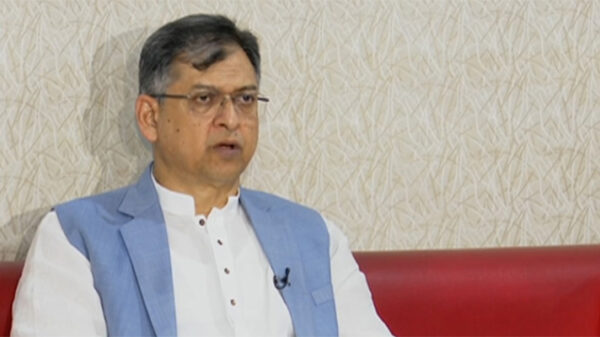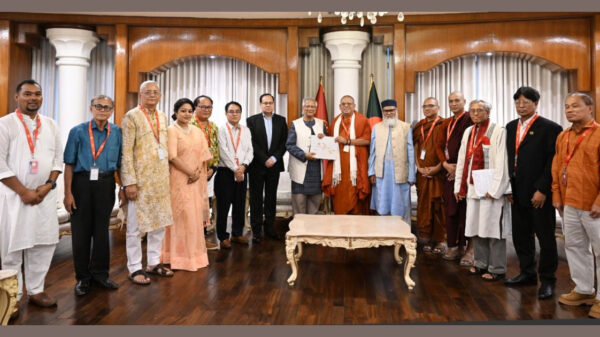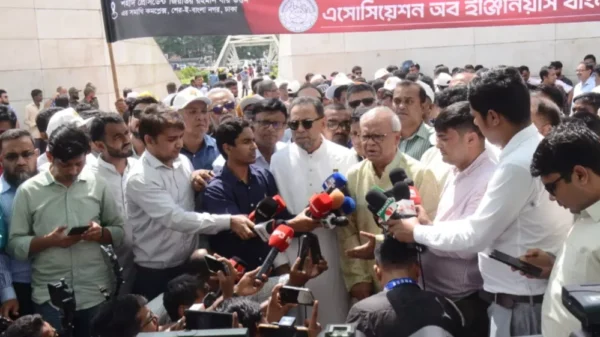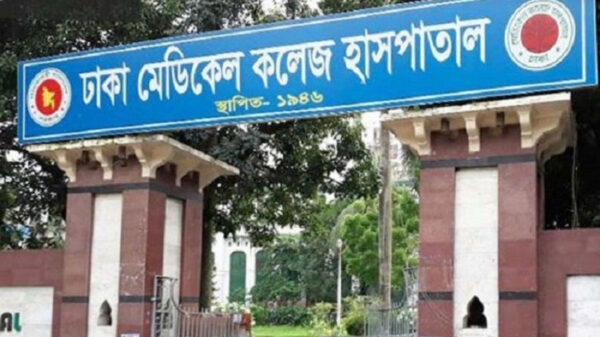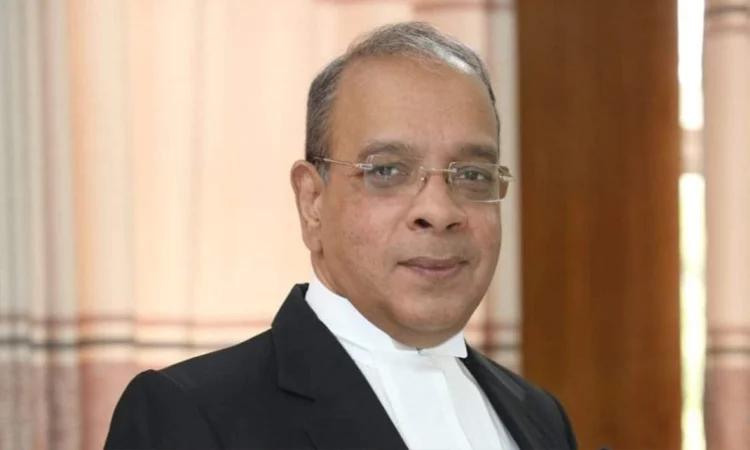Staff Reporter:
Chief Justice Dr. Syed Refaat Ahmed has said the process for establishing a separate judicial secretariat under the Supreme Court is nearly completed.
Separate judicial secretariat will ensure full administrative autonomy of the Supreme Court and serve as a key pillar for reforms, he said.
He was addressing a seminar titled ‘Reimaging the Future of Justice’ jointly organized by the Law Fac-ulty of Chittagong University (CU) and AK Khan Foundation at CU campus yesterday, a press release said.
“This initiative is a cornerstone in establishing full administrative autonomy for the judiciary and marks a significant milestone in the broader judicial reform process,” the CJ said.
Chittagong University Vice Chancellor Professor Muhammad Yahia Akhtar addressed the seminar as guest of honor while Law Faculty dean Professor Dr. M. Zafrullah Talukder was in the chair.
Chief Justice said he announced the judicial reform roadmap on September 21, 2024, which is progress-ing with a focus on three key goals- judicial independence, administrative autonomy, and procedural efficiency.
As part of this, the Supreme Judicial Appointment Council and the Supreme Judicial Council- two inde-pendent constitutional institutions have already been established which are free from executive and legis-lative interference, he said.
The two councils possess exclusive authority over the appointment and removal of judges of the higher judiciary, he said.
A comprehensive policy on the transfer and posting of judges across the country has already been sub-mitted to the government to ensure transparency, fairness, and consistency, he added.
He also mentioned several recent initiatives taken by the office of the Chief Justice which include launching of the helpline services for litigants, introducing a paper-free company bench, implementing a digital requisition system within the Supreme Court, activating a case tracking dashboard, and updating long-outdated personal records of judges.
Chief Justice added, “Proposals have been submitted to the government for the creation of various spe-cialized courts, such as child court and electricity court, which are currently under consideration.”
“One of the key developments in the reform roadmap includes the establishment of specialized commer-cial court at the district level to resolve business disputes swiftly and effectively,” he said.
“European Union has expressed keen interest to support to this initiative, considering it a significant step toward improving Bangladesh’s business environment,” he added.
The Chief Justice said, these efforts are not isolated but part of a broader constitutional renaissance aimed at restoring the judiciary’s dignity and independence.
“No reform in any sector can be sustainable without judicial independence. Judiciary currently stands as the only fully functioning constitutional institution in the country,” he said.
He also mentioned about his visits to all divisions of Bangladesh to promote the reform agenda, engag-ing with judges and lawyers and encouraging district-level participation in the process.
Development partners such as UNDP, the United Kingdom, the European Union, and Sweden have ex-pressed their interest to provide strong policy support to help implementing the reforms, he said.




